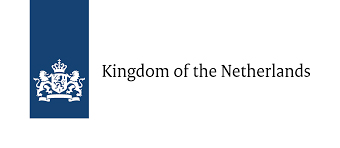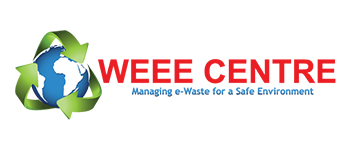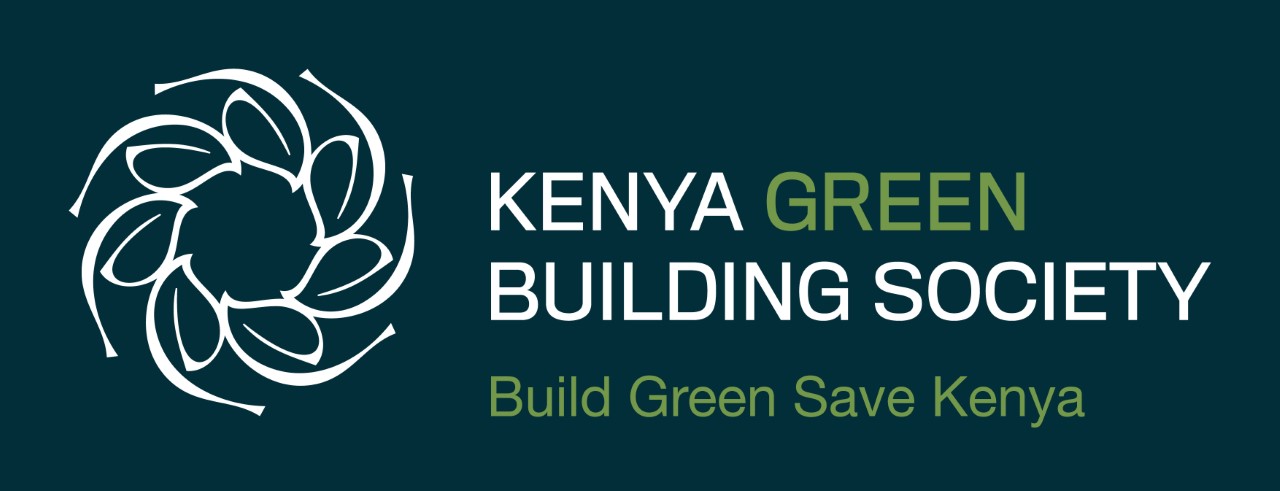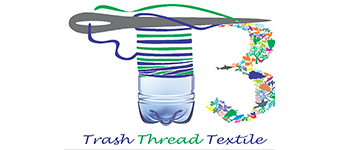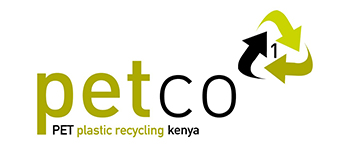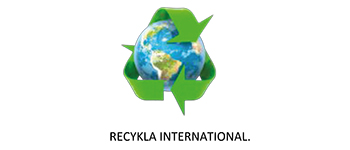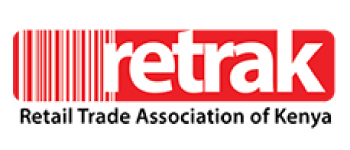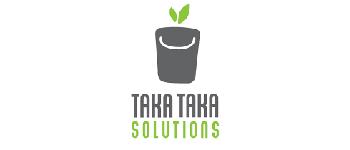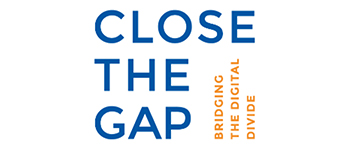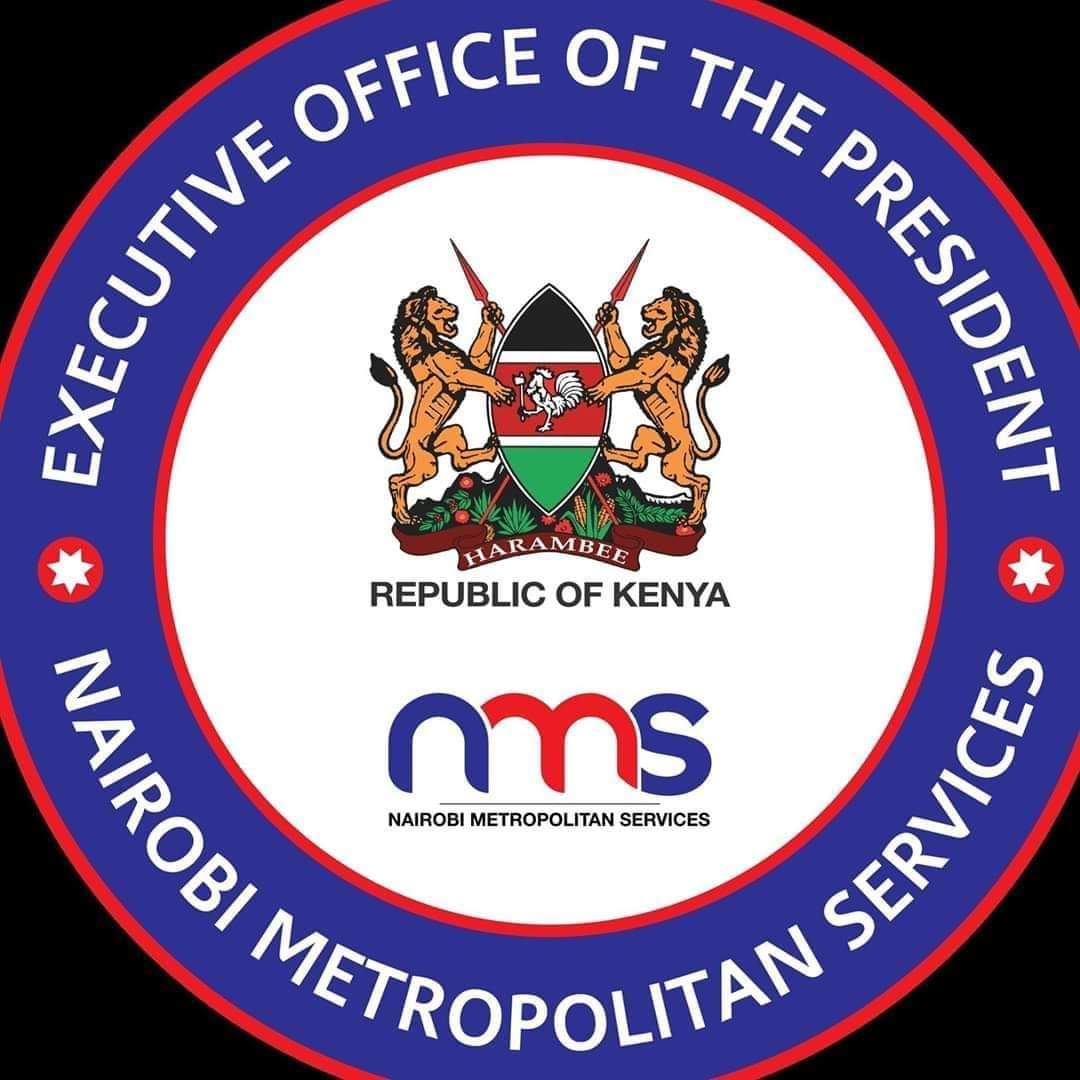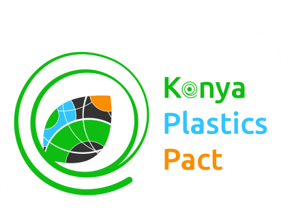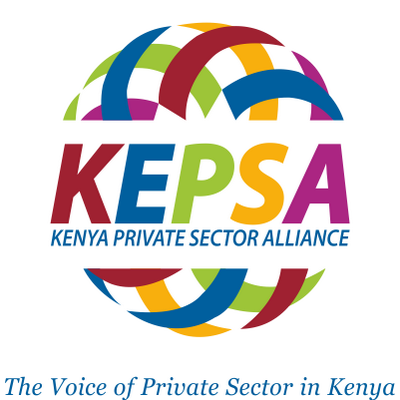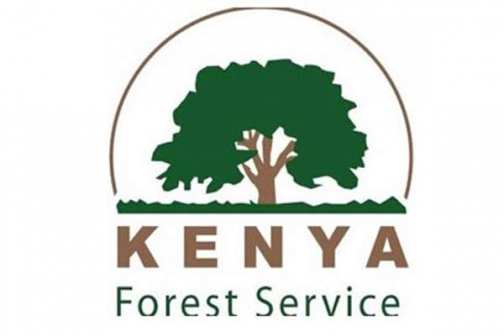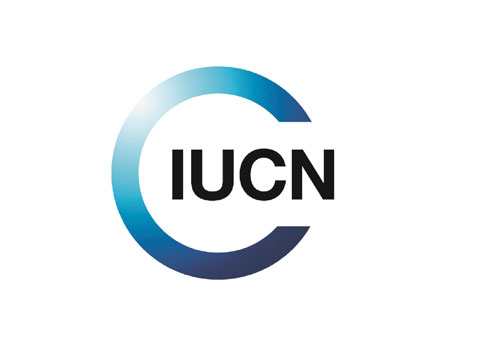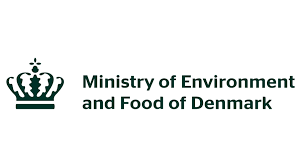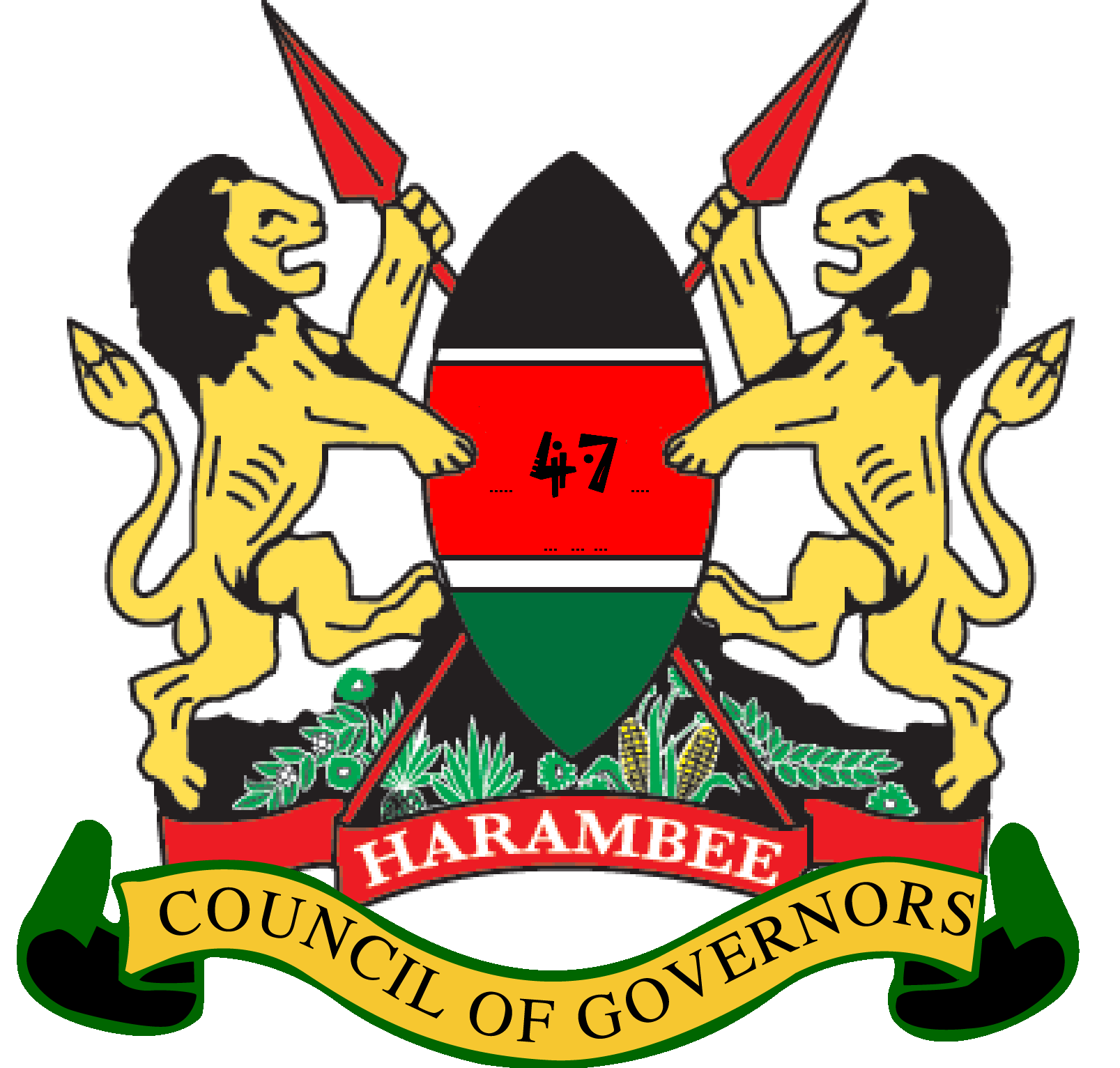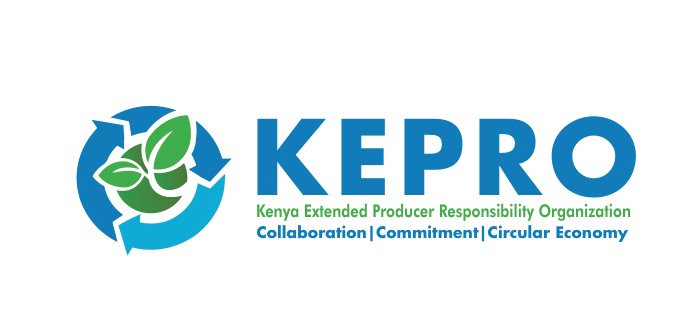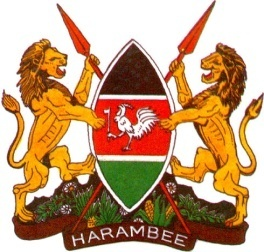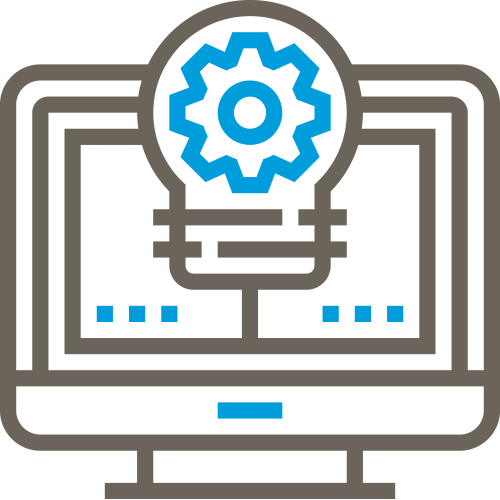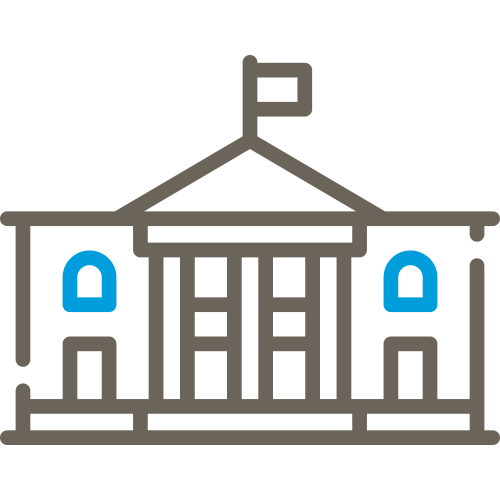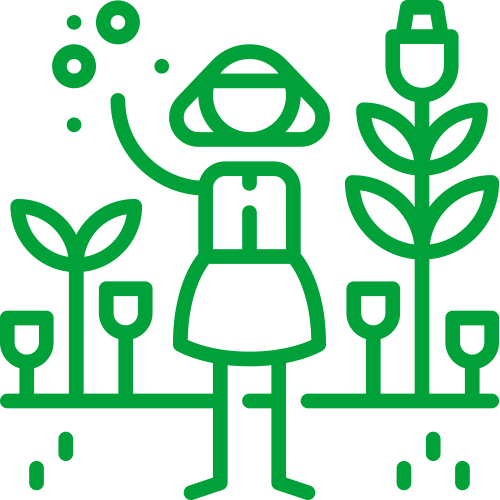Welcome to the Circular Economy Africa online knowledge & network centre. Circular Economy Africa is a private-public platform in which companies, knowledge institutes, policymakers, and (local) authorities collaborate to promote and support national and international collaboration and knowledge exchange on circular economy in Africa.
Circular Economy
Transition to a Circular Economy
The biggest challenge to sustainability lies in the current linear–take, make, waste economic model and an outdated energy system. This cradle-to-grave model is fixed on an industrial mindset where producers assume the resources they use are unlimited and, therefore, are never restored. In this case, short-term profits are placed at the top of the pyramid at the expense of people and the planet. Ultimately, contaminated air and water become just some of the inevitable outcomes of the lopsided pressure applied to the ecosystem. For this reason, SIB-K focuses on shifting from this model to a more Circular Economy that brings together all different and urgent topics to drive towards a low-carbon economy while meeting Sustainable Development Goals. A circular economy is a system built on renewable energy and regenerative models, and it keeps resources in use over and over without putting anything to waste.
We support business and societal models, material life-span expansion, proper waste management practices, boost recycling opportunities, incubate innovative and sustainable business solutions, help businesses redesign models and create regenerative approaches, communicate to raise awareness, drive behavioral change, and educate positively. The advocacy for a circular model is based on its emphasis on redefining growth, focusing not only on profits but also on resilient and thriving systems with a positive impact on the planet and people.
One of the gravest impacts of the linear economy has been the irresponsible disposal of plastics, especially single-use, on the environment. Unsightly landfills and litter in parks and even beaches continuously choke our environment. We have published a trend report on single-use plastics, which indicates that 79% of plastic waste produced globally now sits in landfills, dumps, or the environment. In comparison, 12% has been incinerated, and only 9% has been recycled globally. Published data shows that only 8% of plastic is recycled in Kenya (IUCN, 2021).
In a Circular Economy, waste is considered part of the system (a resource or material that should stay or become an input repeatedly). It is reintroduced into the cycle to regenerate other products. This reduces the amount of materials (waste) disposed into the environment and creates new value as input for the next cycle.
One of Kenya’s Big Four agendas is manufacturing. We also look at how to make one industry’s by-product into another industry’s raw material. In a circular economy, companies prioritize reusing, repairing, and re-manufacturing products designed to keep resources in use for as long as possible. We believe this is a direct way to create more jobs at a time when the rate of unemployment, especially among the youth, continues to rise.
Reports & Insights
Find reports & publications
Key Milestones
Milestones achieved
Good Practices
Best practices to adopt
FEATURED VIDEOS
Our Partners in Circular Economy
